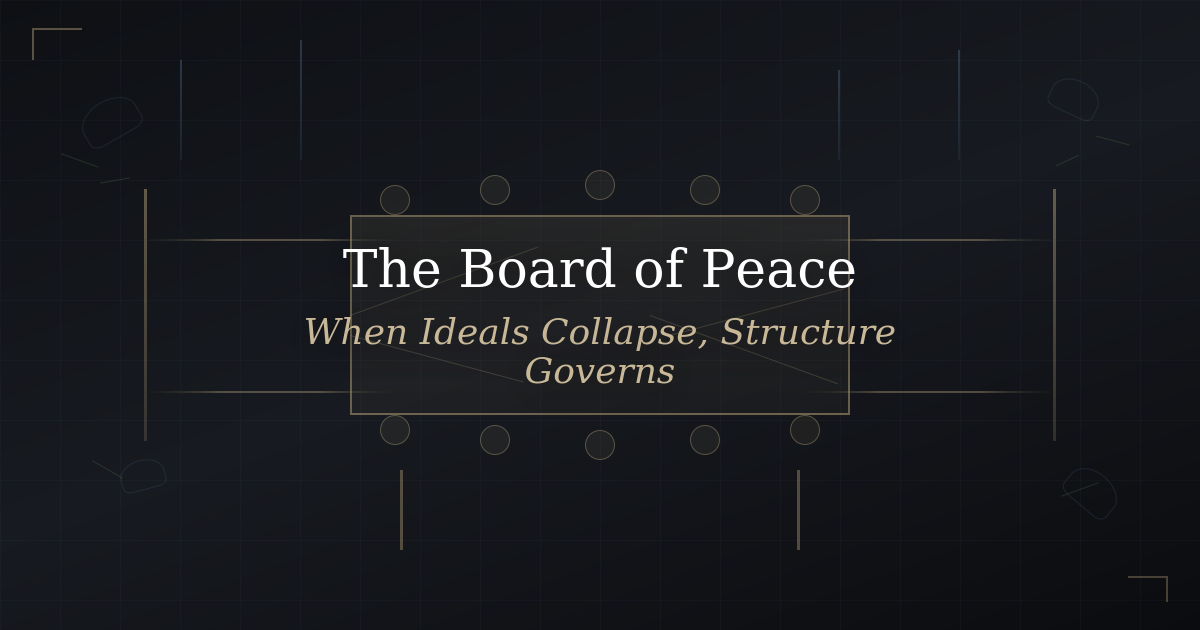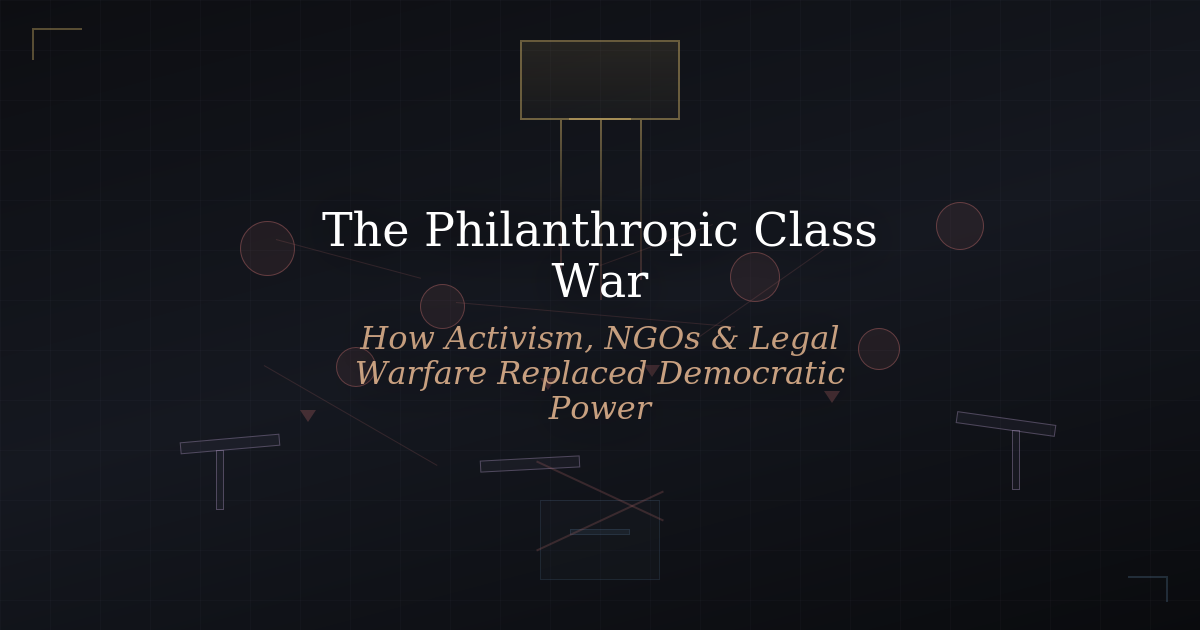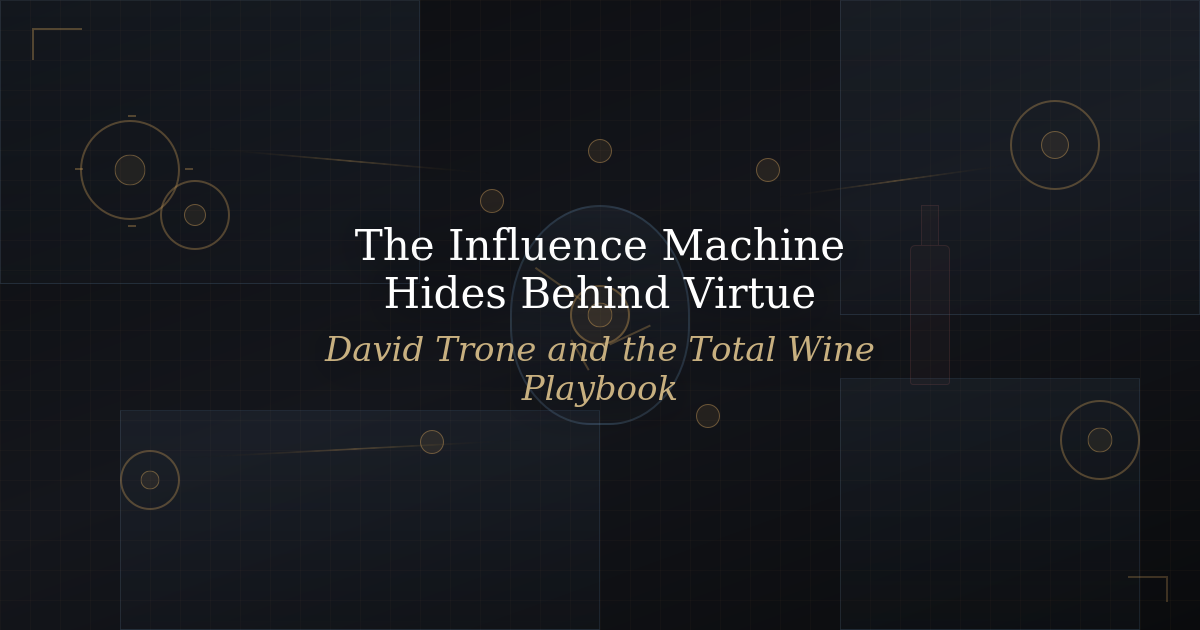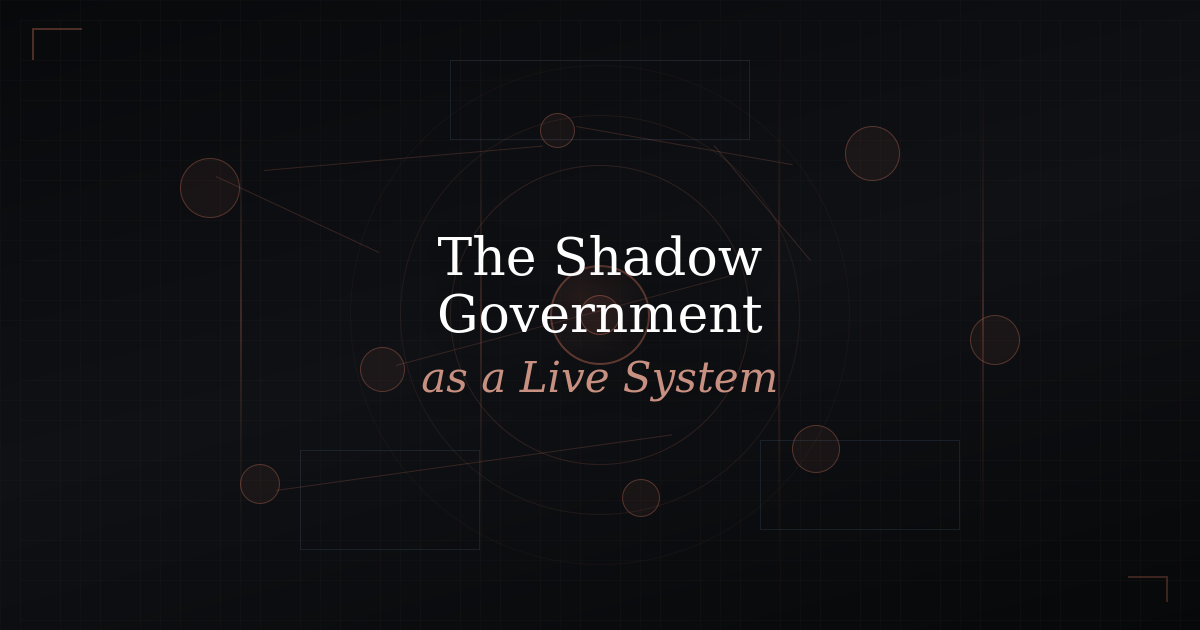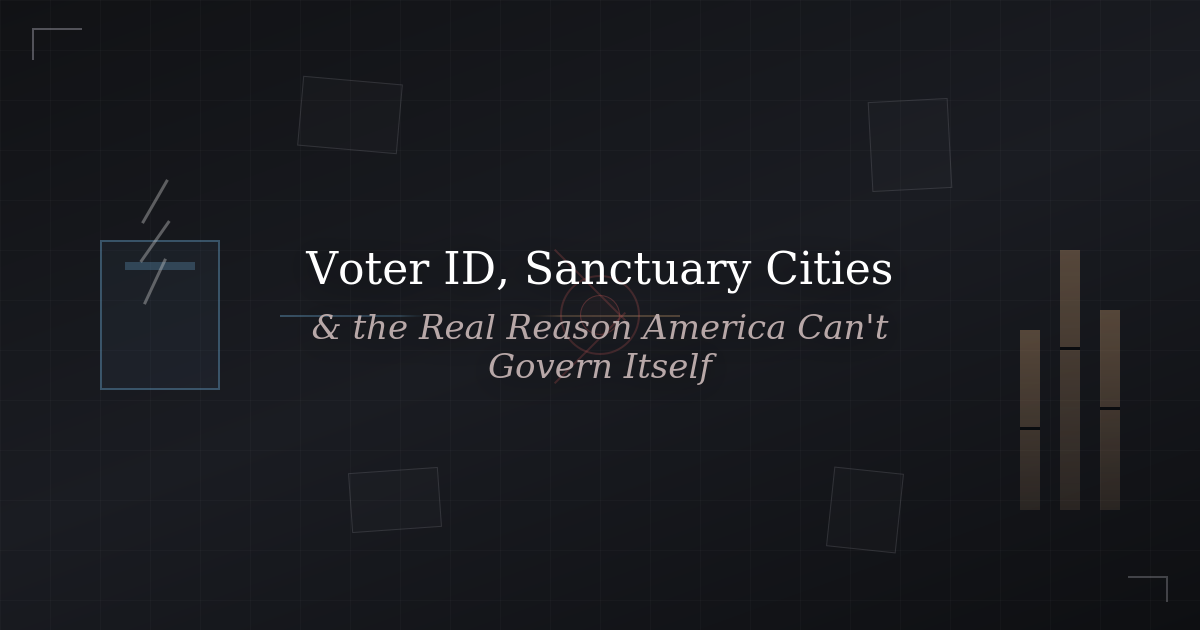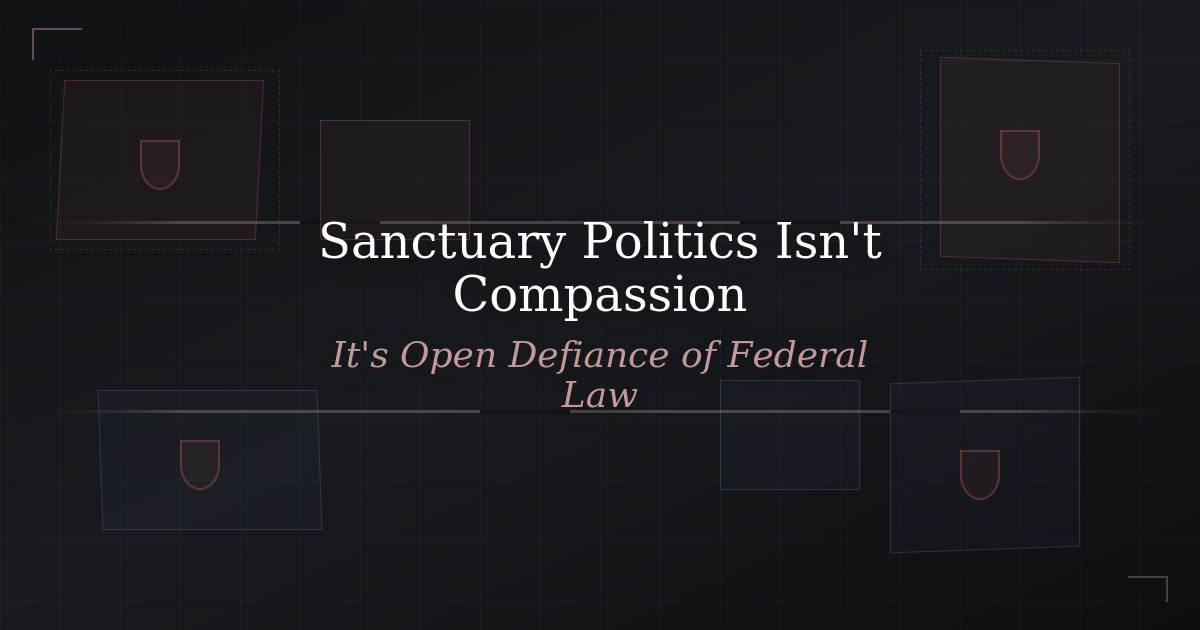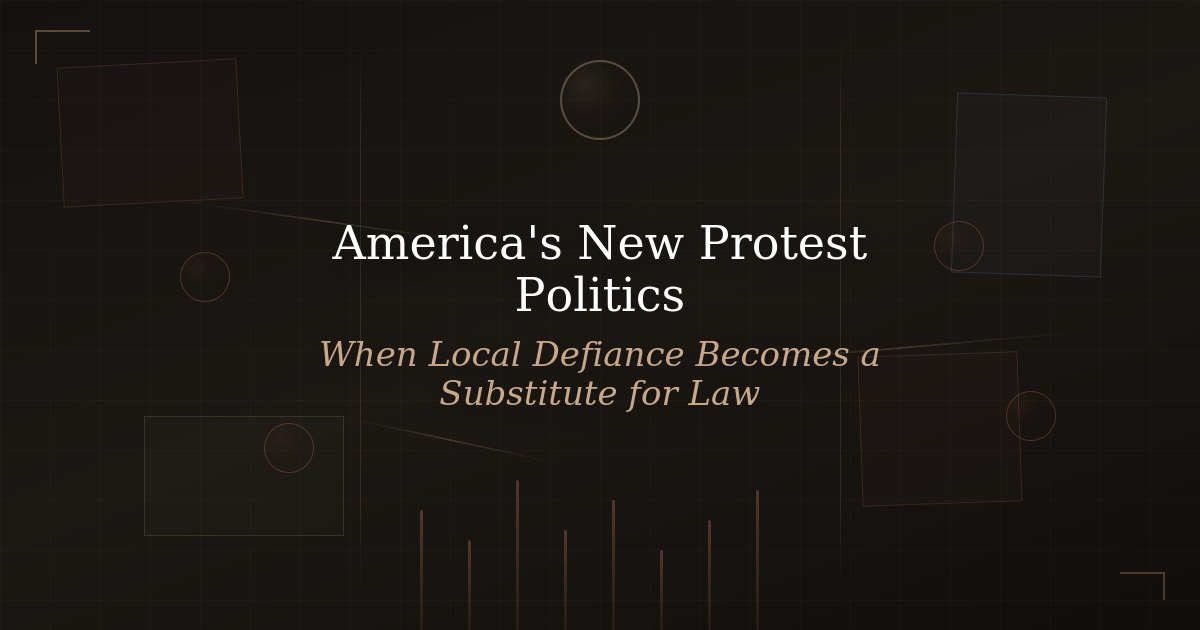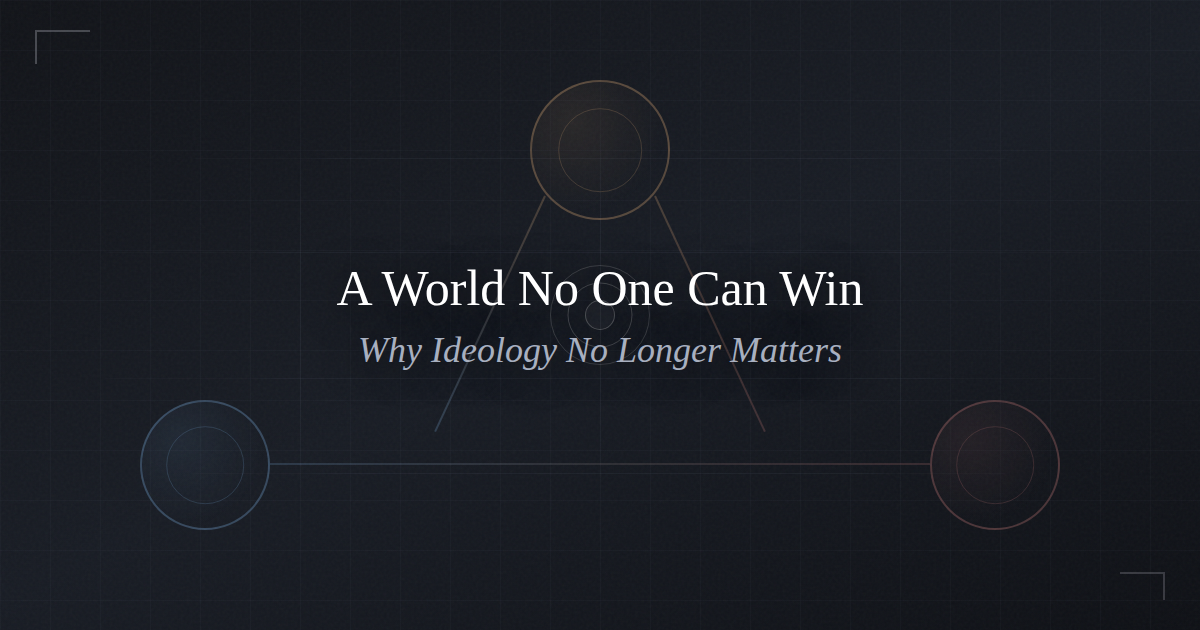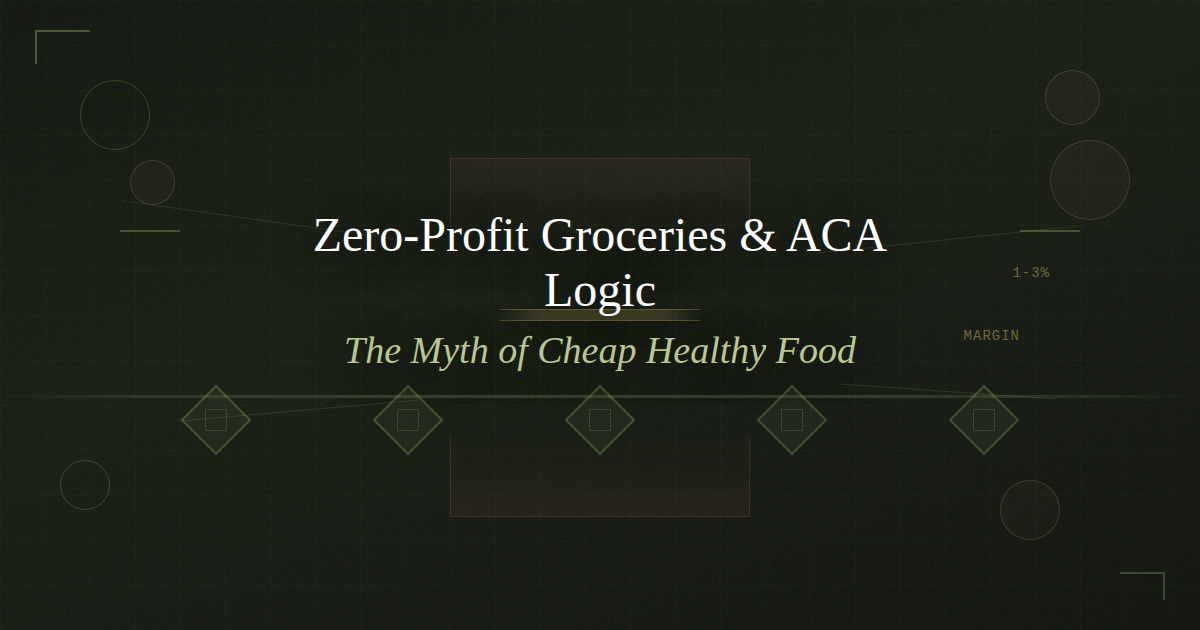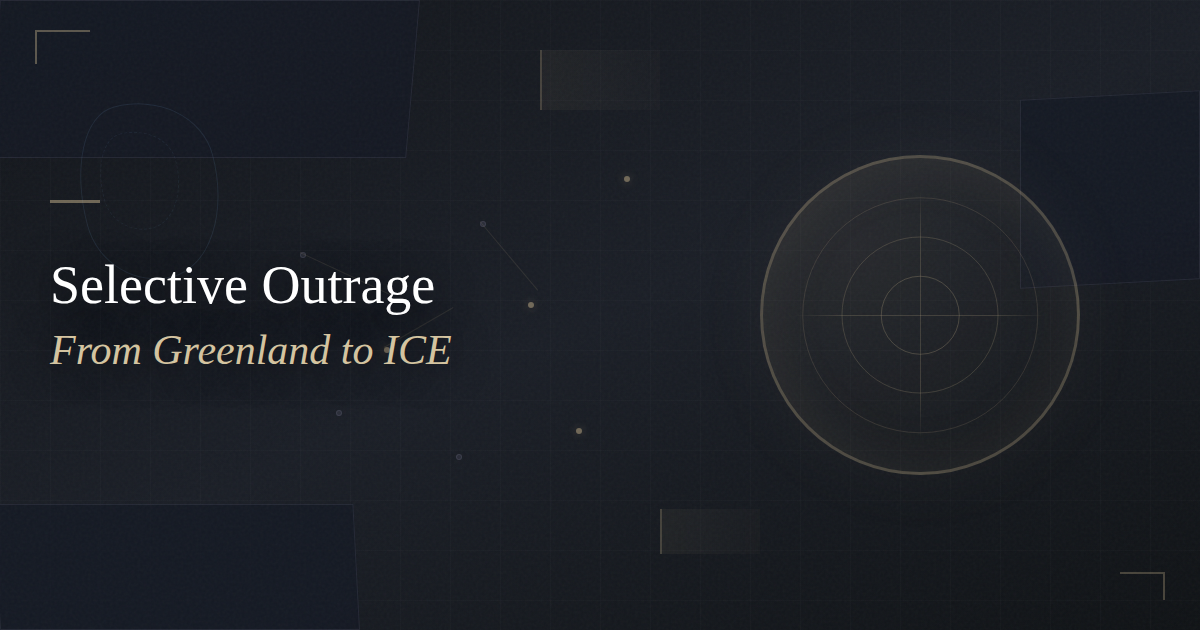Energy - August 2023
Energy – August, 2023
Are rational voices gaining more influence in the climate and energy debate? Once it becomes clear that Germany, despite its progressive green agenda, is facing significant economic challenges, there are voices emerging that argue the future will require a balance of all available resources, including fossil fuels.
Here, the
new President of the
Intergovernmental Panel on Climate Change, a UN advisory board, delivers
one of his initial addresses on this matter.
Together with co-authors of the latest reports of the Intergovernmental Panel on Climate Change, he has always attached great importance to seeing the "silver lining". The technologies and instruments to mitigate climate change are available, they just need to be applied. "The future of mankind is in our hands. Let's take advantage of that," said Skea, 69.
This opinion analysis, though slightly tangential to the climate and energy discourse, remains just as intriguing and is relevant across various debates within the Western world. While the study was carried out in Europe, its applicability to the US is not diminished. As a personal observation, could hunting and fishing also be considered potential sources of intolerance?
In future conversations, consider the notion of YIPS within your family dynamics: YIPS stands for "Young Illiberal Progressives."
"Left-wing, urban, educated – and intolerant". This
is the title of a
study by the Mercator Forum on Migration and Democracy at the Center for Constitutional and Democracy Research at the Technical University of Dresden. This shows the urban-rural divide in Europe. Their conclusion: Those who consider themselves to be particularly open are the least accepting of political opinions. On the contrary, with this attitude they contribute significantly to the increasing polarization.
The study "Polarization in Germany and Europe – A Study on Social Divisive Tendencies in Ten European Countries" with a total of 20,000 respondents focused on seven major topics – climate change, immigration, Covid, equality of women, dealing with sexual minorities, war in Ukraine, and social benefits and their financing. It was not only about the attitudes of the respondents to these issues, but also about how they perceive dissenters.
The results show that the common cliché that people in urban areas are more tolerant and open than in rural areas does not correspond to reality. Rather, it was found that the more educated, richer, urban, and left-wing someone is, the less they accept people with deviant worldviews. Conservative people with lower incomes and less education were more generous and tolerant.
If you've had the chance to read "White Guilt" by Shelby Steele, it's intriguing to observe how the blueprint outlined in that book seems to have manifested in various aspects of activists and pseudo-scientists.
We live in a period of guilty conscience: wrong diet, wrong holiday destination, wrong means of transport, wrong friends and so on. Every piece of news, no matter how absurd, that hits one of these notches releases the guilty conscience that has been painstakingly kept in check. The professor's opinion is therefore the excitement of the day today.
We should get rid of it, the guilty conscience. Then absurdities don't stand a chance.
Has the
ESG dream reached the end of its cycle? Here's a perspective from 2022: In light of recent political upheavals, it's becoming evident that ESG initiatives may have been primarily motivated by financial portfolio performance goals rather than genuine ESG content. Put simply, it raises questions about whether ESG has been wielded as a manipulative political tool to determine winners and losers, potentially undermining the
democratic process.
On a different note, it's intriguing to note the relative silence surrounding the
Tonga Hunga Volcano. While some scientists argue that an eruption over land could have led to catastrophic consequences, it's worth considering whether the Tonga eruption might have played a role in certain weather outcomes.
Global warming is being accelerated by gigantic underwater volcanic eruptions. Nevertheless, research is sticking to the fixed idea that CO2 is to blame.
Water instead of ash and sulfur
On January 15, 2022, the eruption of the undersea volcano Hunga Tonga occurred in the South Pacific Ocean near the Tonga archipelago. 146 million tons of water were thrown up forty kilometers into the stratosphere. Water vapor, by far the world's dominant greenhouse gas, increased by 10 to 15 percent in the stratosphere. According to NASA, the Hunga Tonga explosion is the largest known water eruption into the stratosphere.
Normally, volcanoes such as Pinatubo shoot ash and sulfur compounds into the atmosphere, causing cooling. The Hunga Tonga, meanwhile, lies 150 meters below the surface of the water and has therefore mainly catapulted water upwards. Water vapor in the stratosphere leads to an increase in temperature. Due to the lack of wind currents in the stratosphere, the water vapor disperses only slowly, so that the peak of the temperature increase can be expected one to two years after the event, i.e. this year. According to Susan Solomon, a stratospheric physicist at MIT, the global temperature will increase by about 0.05 degrees Celsius for three to five years. Precipitation on Earth will also increase over the next five years. Given an average increase in temperature over the last forty years of 0.014 degrees Celsius per year, the increase is about doubled by Hunga Tonga.
Climate and atmospheric impact
The eruption produced a high eruption column, reaching elevations of 57 kilometers (35 mi) and thus reaching into the mesosphere; this is the highest known eruption column in history.[69] The column developed multiple "umbrella"-like clouds, a higher one in the stratosphere and a lower at about 17 km (11 mi) elevation,[70] and generated a terrestrial gamma-ray flash.[71] The column injected a large quantity of water into the stratosphere, where it disturbed the local temperature balance and caused the formation of anomalous winds.[72]
Large volcanic eruptions can inject large amounts of sulfur dioxide into the stratosphere, causing the formation of aerosol layers that reflect sunlight and can cause a cooling of the climate. In contrast, during the Hunga Tonga–Hunga Haʻapai eruption this sulfur was accompanied by large amounts of water vapor, which by acting as a greenhouse gas overrode the aerosol effect and caused a net warming of the climate system.[73] One study estimated a 7% increase in the probability that global warming will exceed 1.5 °C (2.7 °F) in at least one of the next five years,[74] although greenhouse gas emissions and climate policy to mitigate them remain the major determinant of this risk.[75]
Fact or Fiction:
Today's reporting presents options of starvation, drowning, or heat exhaustion, urging readers to explore the link for more insight and contemplation.
The CO2 Coalition was established in 2015 as a 501(c)(3) for the purpose of educating thought leaders, policy makers, and the public about the important contribution made by carbon dioxide to our lives and the economy. The Coalition seeks to engage in an informed and dispassionate discussion of climate change, humans’ role in the climate system, the limitations of climate models, and the consequences of mandated reductions in CO2 emissions.
Climate Investment – see where the Money goes,
The recovery from the Covid-19 pandemic and the response to the global energy crisis have provided a major boost to global clean energy investment.
This new World Energy Investment 2023 (WEI 2023) report is the eighth in our annual series where we provide the global benchmark for tracking capital flows in the energy sector. The last few years have been a period of extreme disruption for the energy sector. The new WEI 2023 offers an opportunity to take stock of what this has meant for investment, and what those investments might mean in turn for the future security and sustainability of the energy sector. The shock to the system from the global energy crisis has come at a time of increasingly visible impacts of a changing climate and has taken many forms. Price spikes created strong economic incentives to increase supply and to find alternative or more efficient ways to meet demand. Energy security shocks created powerful incentives for policy makers to reduce vulnerabilities and dependencies, while also – for many developing economies in particular – draining the financial resources available to address them.

